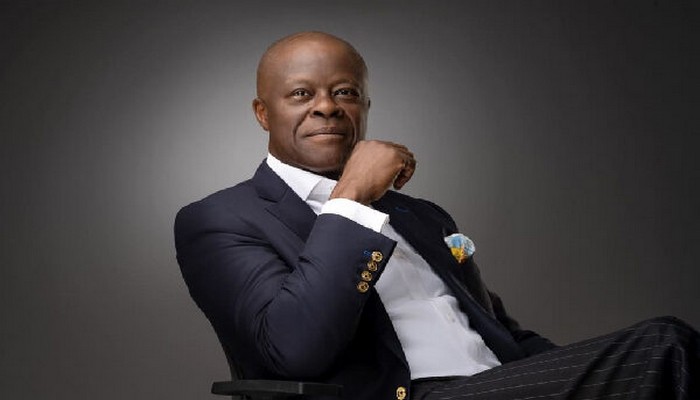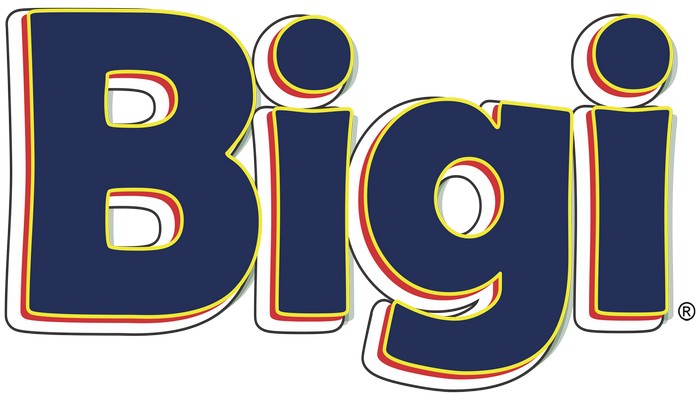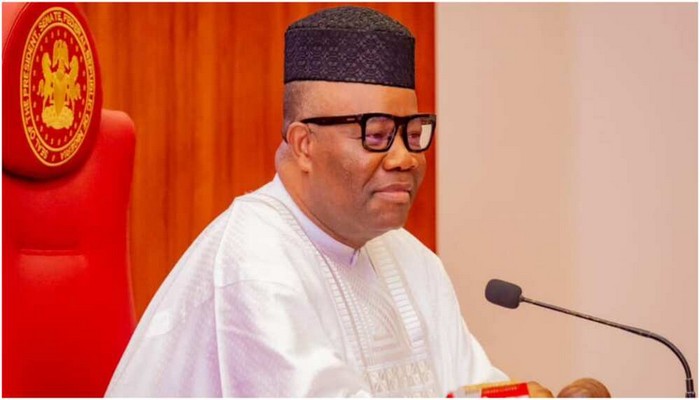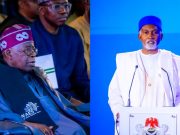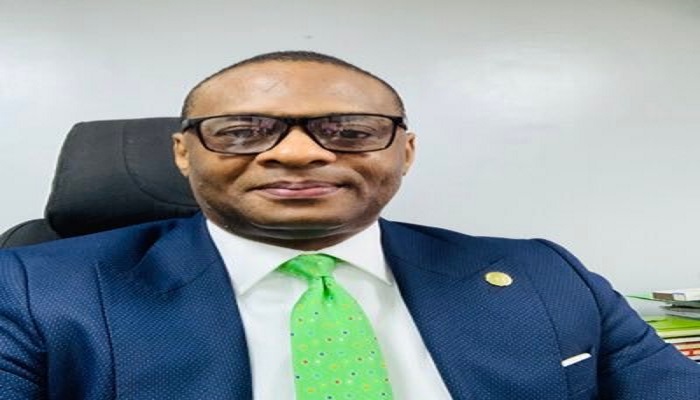Worried by a series of challenges hampering the effective implementation of its whistle blowing policy, the Federal government has developed a draft bill which is expected to fully protect those who volunteer information on corruption within the system.
The bill was drafted following concerns that the policy launched since 2016 by President Buhari’s administration to encourage citizens report “verified information” on financial misappropriation and inturn receive some reward from recovered funds, was not making desired impact due, especially to fears of confidentiality.
Wale Edun, the Finance Minister and Coordinating Minister of the Economy, disclosed that the draft bill was ready to be presented to the National Assembly. He was also hopeful that the legal backing will now empower a better implementation and deliver good outcomes.
Government will also ensure that the policy is pursued with strict compliance to rule of law to achieve the much needed transparency and accountability in governance across the country.
Edun spoke in Abuja at a one-day sensitization workshop on the implementation of whistleblowing policy in Nigeria, themed, “Issues, challenges and way forward”.
At the moment, available data shows that for seven years of implementing the policy (2017 -2023), amounts totaling N83,019,178,375.86; $609,083,391.91; and 5,494,743.71 euros have been recovered – though, in a downward trend.
The recoveries represent only liquid assets and exclude non-movables, like properties, vehicles, among others.
All recoveries are paid into the Federal government’s assets recovery accounts maintained by the Office of the Accountant General of the Federation (OAGF) and domiciled at the Central Bank of Nigeria (CBN).
The policy was adopted by the Federal government on December 21, 2016 as implemented in the US, UK, South Africa, and other countries to complement the efforts of the anti-graft agencies.
By design, it is an anti-corruption programme that encourages people to, on their own, disclose information about fraud, bribery, financial misconduct, stolen funds, theft and any other form of corruption to the finance ministry or anti-graft agencies and get rewarded.
According to the finance ministry, a useful tip by a whistle blower in 2017, enabled the officials of the Economic and Financial Crimes Commission (EFCC) to raid and recover sums of money totaling $43.5m; 27,800 pounds; and N23.2m in a flat located on Osbourne Towers in Lagos.
Read also: Corruption cultural roots: The moral imperative for a corruption-free NigeriaDespite modest achievements, the policy has not only been bedeviled by the inability of Nigerians to own the fight against corruption, but a wide ‘culture of silence’ as well as lack of legal framework to provide some comfort for those who have and are willing to divulge information.
“We will leave no stone unturned in ensuring that an adequate legal framework is provided to protect the policy,” Edun said at the workshop, assuring that it is not meant to witch-hunt anyone.He said with the re-invigorated policy, the government will ensure transparency and accountability in the management of public finances as well as insist that the country’s assets are preserved.


